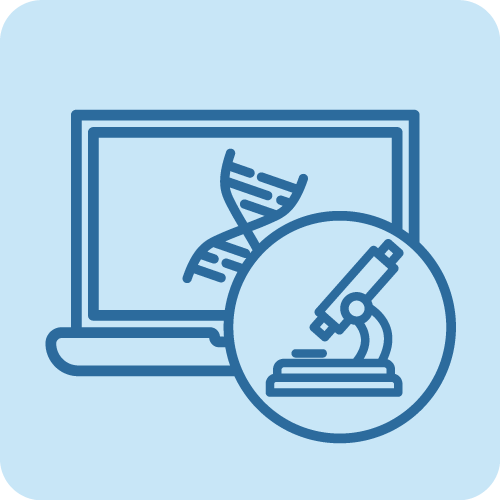Evolving phages by engineering ecological interactions to treat antibiotic-resistant bacterial infections
The rate at which pathogenic bacteria evolve resistance to antibiotics exceeds the pace at which new drugs are developed by the pharmaceutical industry. As a result, innovative approaches are urgently needed to prevent antimicrobial resistance from becoming a slow-motion pandemic. One of the most promising strategies is phage therapy—the use of viruses known as phages, the natural enemies of bacteria, to treat bacterial infections. However, phages are no magic bullet: like antibiotics, they also select for resistance. Yet unlike antibiotics, phages can naturally counteract the resistance evolved by their bacterial hosts. Understanding the pervasive coevolutionary dynamics that shape phage-host interactions is essential for making phage therapy a viable medical strategy. I propose to control coevolution by engineering the trade-off between bacterial competitive ability and phage resistance, in order to drive bacterial populations to extinction. To achieve this, I will first conduct in silico coevolution experiments using self-replicating computer programs—digital organisms—to prevent adaptation via resource competition in bacteria and to enhance phage evolvability by increasing the supply of beneficial mutations. The insights gained from this digital twin will then be applied in the laboratory in a follow-up project, offering lower risk and higher return on investment. In the near future, I plan to carry out in vitro coevolution experiments using Staphylococcus aureus in turbidostats (continuous culture devices) to select for highly evolvable phages. Subsequently, I will use silkworm larvae to evaluate, in vivo, the therapeutic effects of these evolved phages compared to their non-evolved counterparts in combating bacterial infections. This computational biology project is original, innovative, and feasible, and it will strengthen the interdisciplinary foundation of my current research on harnessing evolution through engineered ecological interactions.
Members (researchers): Miguel Angel Fortuna
Information
Type of Funding: National
Period: 11/10/2022 - 30/06/2025

